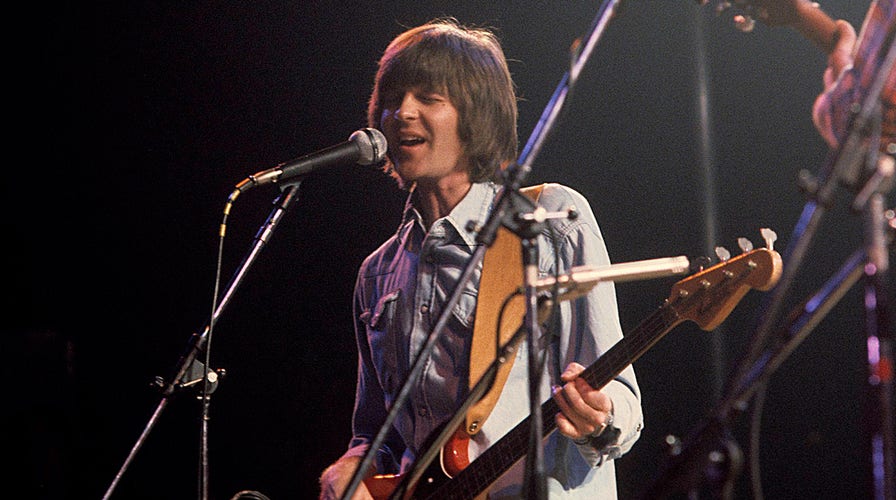Fox News Flash top entertainment headlines of July 27
Fox News Flash top entertainment and celebrity headlines are here.
Eagles founding member Randy Meisner died Wednesday. The next day, the legendary band he helped make famous announced his passing on social media.
Despite his contributions to the band, assisting in creating their most iconic hits, playing bass and playing a part in the songwriting, Meisner was never comfortable with fame, an issue that eventually led to his exit from the spotlight.
The Eagles formed in 1971 with the help of another unforgettable rock act, Linda Ronstadt. In her 2014 autobiography, she explained that Don Henley and Glenn Frey had played together in her touring band. They got to know each other and decided to form a band themselves. Ronstadt suggested they recruit another musician she liked, Bernie Leadon, and a producer she was working with, John Boylan, pulled in Meisner.
EAGLES FOUNDING MEMBER RANDY MEISNER DEAD AT 77

Randy Meisner founded the Eagles in 1971 with Glenn Frey, Don Henley and Bernie Leadon. (Richard E. Aaron/Redferns)
In the next few years, the Eagles would release some of their biggest songs, including "Witchy Woman," "Take It Easy" and "Desperado." Their first No. 1 hit, "Best of My Love," was released in 1974, and their first No. 1 album, "One of These Nights," came the following year.
During this rush to fame, Meisner was struggling with becoming a public figure. A husband and a father of three young children, he found it difficult to be on tour away from his family for such long stretches of time.
One of his biggest problems, however, was his desire to stay out of the spotlight, an issue that got worse after he sang the lead on another huge hit for the band, "Take It to the Limit."
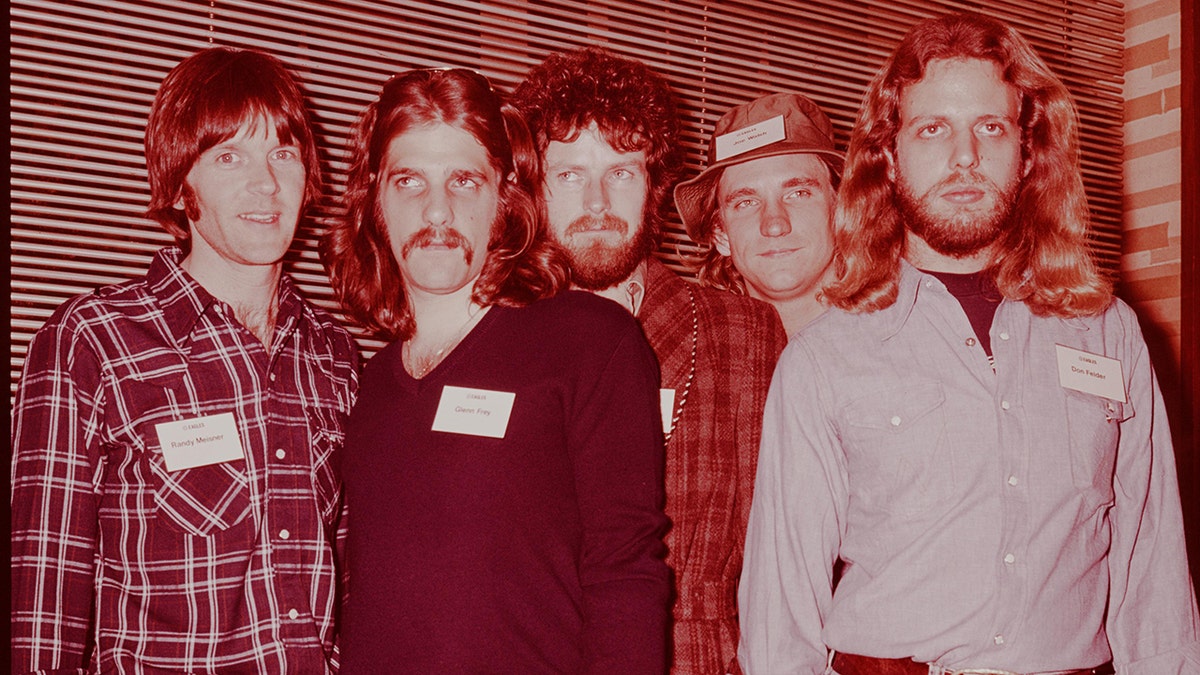
Randy Meisner left the Eagles in September 1977 after an altercation with Glenn Frey led to the rest of the band icing him out. From left: Meisner, Frey, Don Henley, Joe Walsh and Don Felder. (Koh Hasebe/Shinko Music/Getty Images))
"I was always kind of shy," Meisner admitted in a Rolling Stone interview. "They wanted me to stand in the middle of the stage to sing 'Take It to the Limit,' but I liked to be out of the spotlight."
This issue came to a head at a concert in Knoxville, Tennessee, in 1977. The group was touring, and the plan was for him to sing "Take It to the Limit" for the encore, but he refused due to his health — in addition to the stomach ulcers he'd developed, he also had the flu that night. Henley later alleged to a biographer that the real issue was that he'd stayed up too late partying the night before.
THE EAGLES' FAREWELL TOUR: LOOK BACK AT ICONIC BAND'S ‘LONG GOODBYE’
Henley and Frey both talked about that fateful concert in the documentary "The History of the Eagles," with Frey claiming that Meisner had repeatedly told him that he didn't want to sing his signature song anymore because he'd been having trouble hitting all the notes — a request he kept refusing for the sake of their fans.
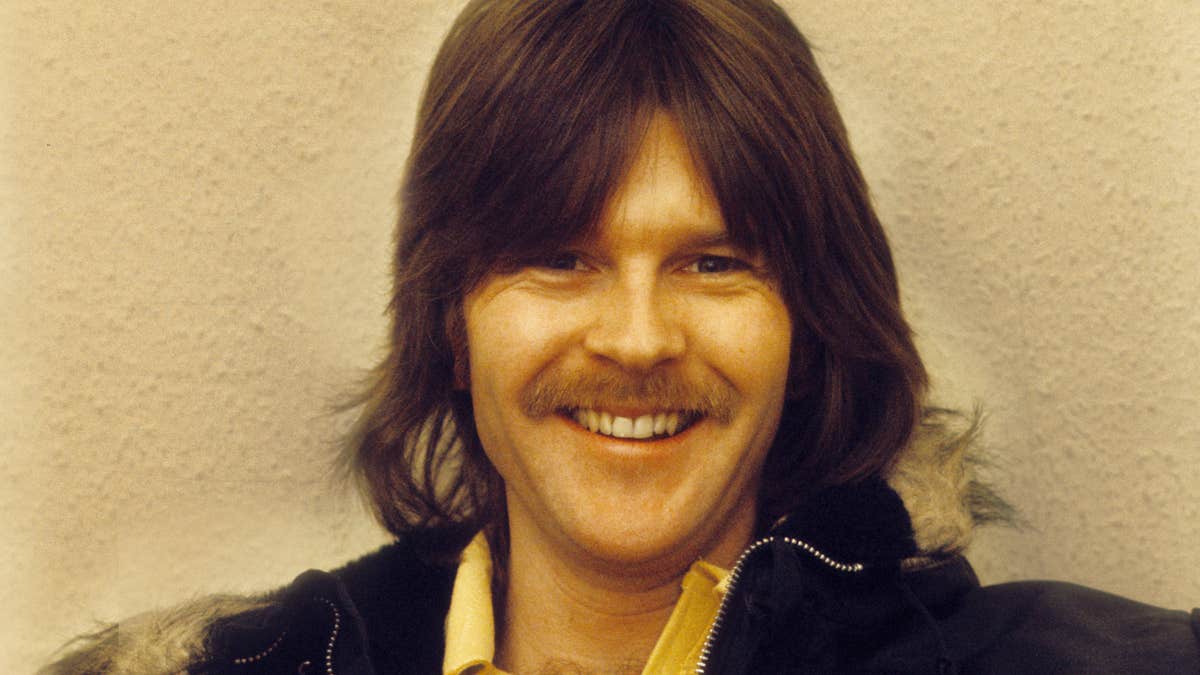
Randy Meisner of the Eagles during an interview in London in 1973. (Gijsbert Hanekroot/Redferns)
Meisner said that the band had told him to quit if he was so unhappy performing, but during the Knoxville concert, he simply wouldn't perform the song. A physical fight ensued, and in multiple interviews with biographers, Meisner admitted he had thrown the first punch, something he said the other members never forgave.
CLICK HERE TO SIGN UP FOR THE ENTERTAINMENT NEWSLETTER
Shortly after the fight, Meisner left the band and returned to his family.
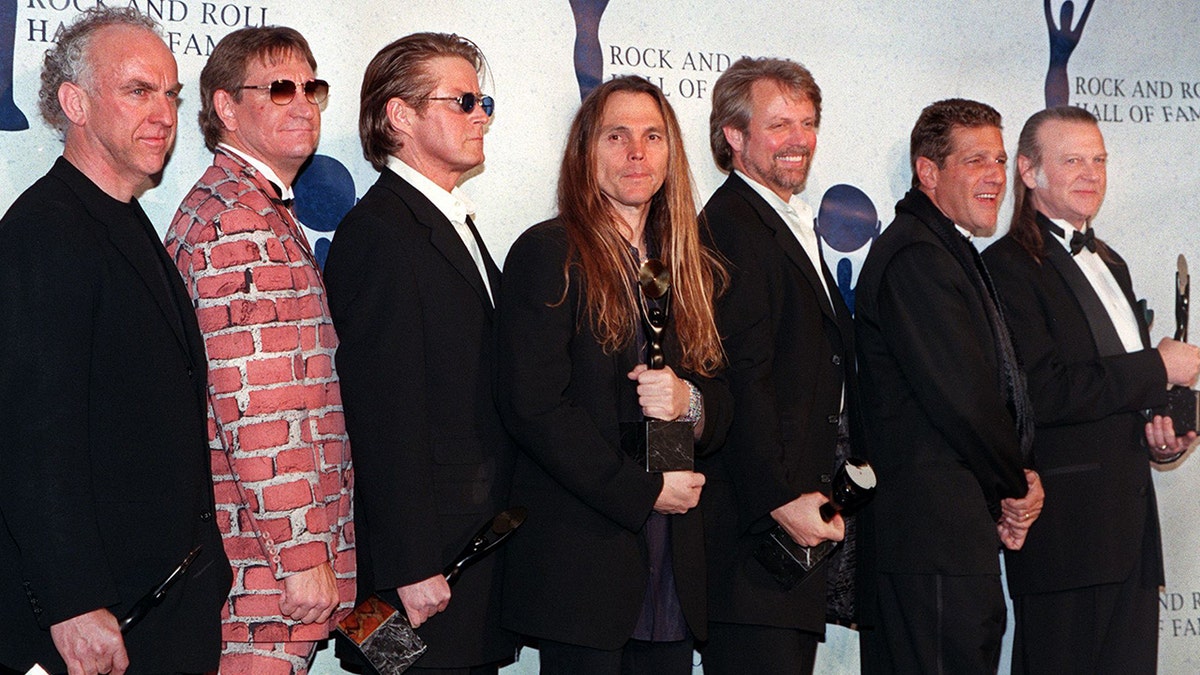
Meisner reunited with the Eagles when the band was inducted into the Rock and Roll Hall of Fame in 1998. (JON LEVY/AFP via Getty Images)
Over the years, he continued making music, sometimes solo and sometimes with other people. Meisner never achieved the remarkable success he'd had with the Eagles, but he didn't exactly want that for himself.
CLICK HERE TO GET THE FOX NEWS APP
"I could have tripled my money if I’d stayed," Meisner told People in 1981. "But I was just tired of the touring. It’s a crazy life that you live at twice the normal speed. When it got to the point of sanity or money ... I thought I’d rather have sanity."
In the years leading up to his death, he faced a different kind of struggle: the death of his wife.
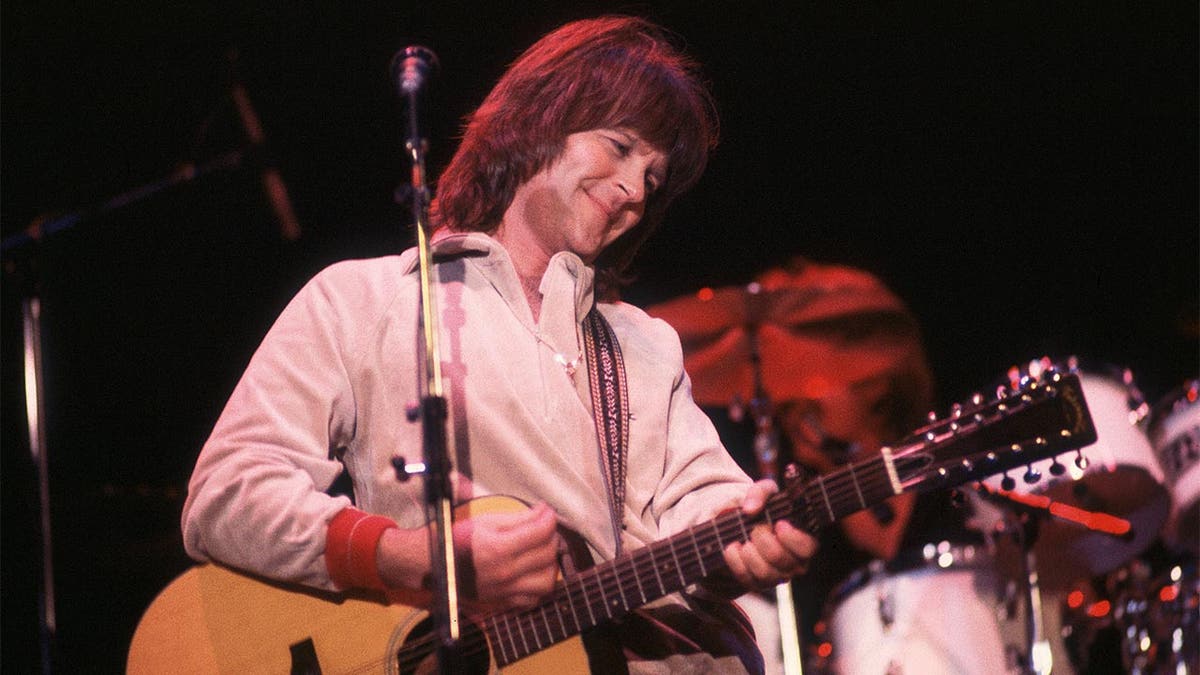
Randy Meisner on March 6, 1981, in Chicago. (Paul Natkin/WireImage)
Meisner divorced his first wife in 1981 and a few years later began dating a woman named Lana. The two would later marry in 1996. Twenty years later, she was accidentally killed in the couple's home.
Lana had been moving a rifle that was typically stored in a gun case in a closet, and according to a statement from the Los Angeles Police Department, "As she lifted the rifle in the case, another item within the case shifted and hit the trigger of the rifle causing it to fire and fatally injure Mrs. Meisner."
At the time, police noted that Meisner had been "cooperative throughout the investigation," and he was later cleared when surveillance video showed he was in a different area of the house when the gun went off.
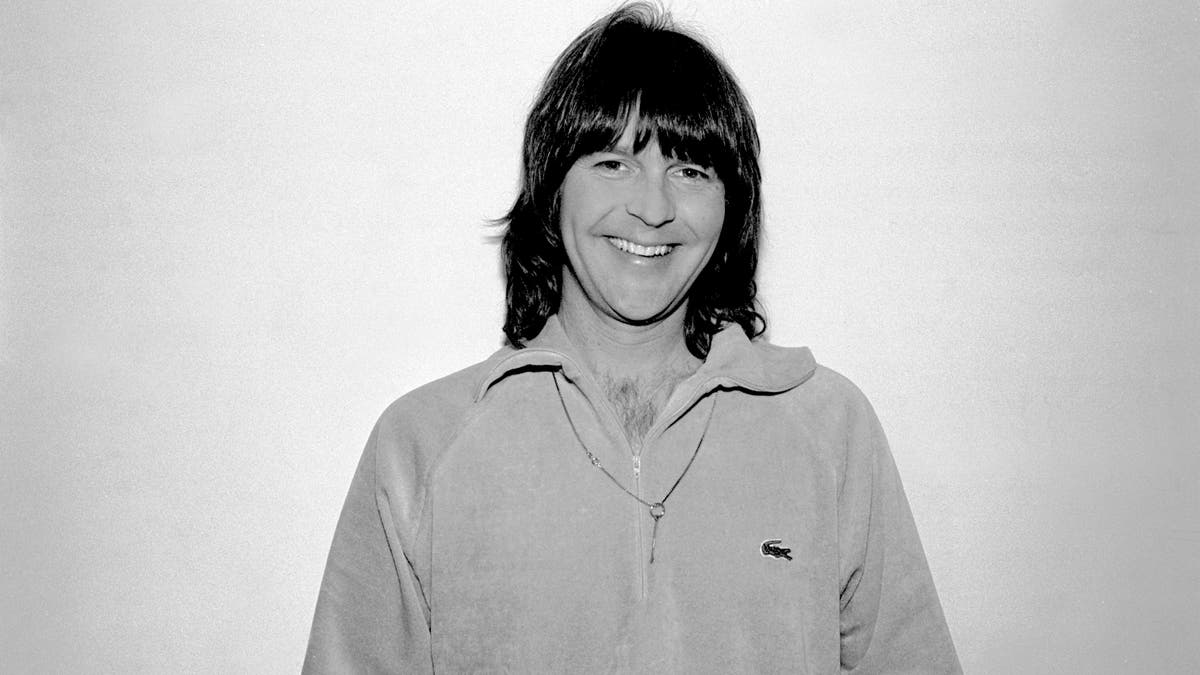
Randy Meisner didn't marry again after the accidental death of his second wife. (Paul Natkin/Getty Images)
Meisner died from complications from chronic obstructive pulmonary disease, according to the Eagles' official Facebook page.
"Randy was an integral part of the Eagles and instrumental in the early success of the band. His vocal range was astonishing, as is evident on his signature ballad, ‘Take It to the Limit,’" the band said in the post.
They added that funeral arrangements for Meisner are pending.
